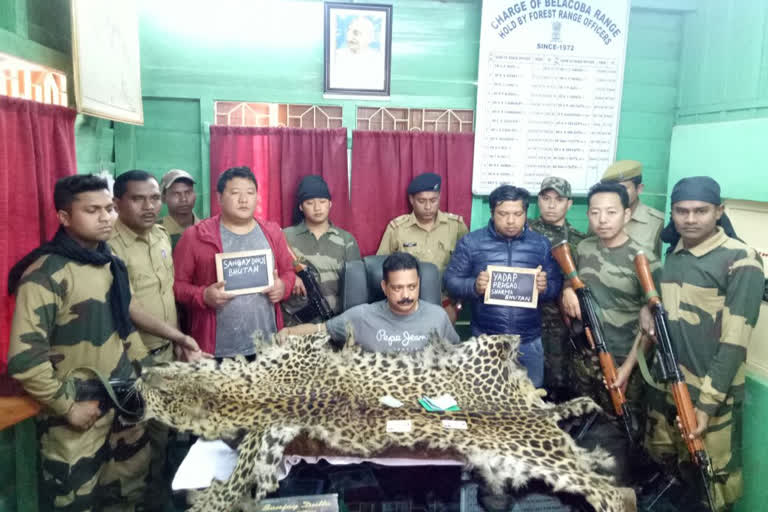Kolkata: Wildlife trafficking often occurs in the forests of North Bengal as there have been several incidents of rhinos being killed and their horns cut off in Jaldapara and Gorumara National Parks.
Apart from that, leopard skin, ivory and woodpecker also get trafficked as North Bengal has become a major route for smuggling of animal carcasses.
From here, the remains of wild animals are smuggled across the country and also abroad.
In particular, the smugglers use Siliguri as the main smuggling route through National Highway 31.
Traffickers from Assam and Bhutan also enter Nepal via Paniganki and Siliguri.
There have been several complaints that, animal carcasses are smuggled from Nepal to other countries including China and Indonesia.
Now the smugglers are using a new route. In the lure of higher profits, animal smugglers from Bhutan enter India through Phuentsholing and Jaigaon.
The wildlife department has received multiple proofs of this. Recently, a jar of Cobra's poison was also recovered from Balurghat.
A Special Task Force has been formed in North Bengal to curb wildlife trafficking.
In the last few years, the special task force has confiscated over 100 smugglers' vehicles, arrested at least 775 traffickers and also recovered 2 Royal Bengal Tiger's skin.
They have also recovered were 3 rhino horns, 4 guns, 15 clouded leopard skins, 362 leopard bones and snake venom worth crores of rupees.
Workers from other forest departments, including the Jaldapara Wildlife Department in North Bengal, the Gorumara Wildlife Department and the Buxa Tiger Project working hard to curb animal trafficking.
Also Read: TMC appoints Satabdi Roy as vice-president of party's West Bengal unit



